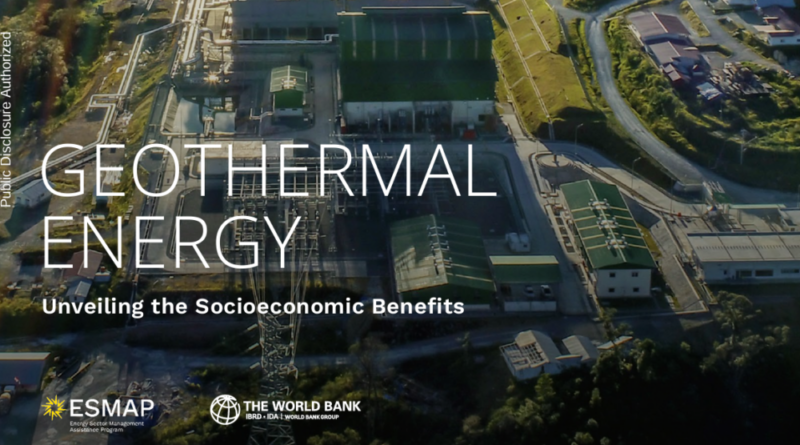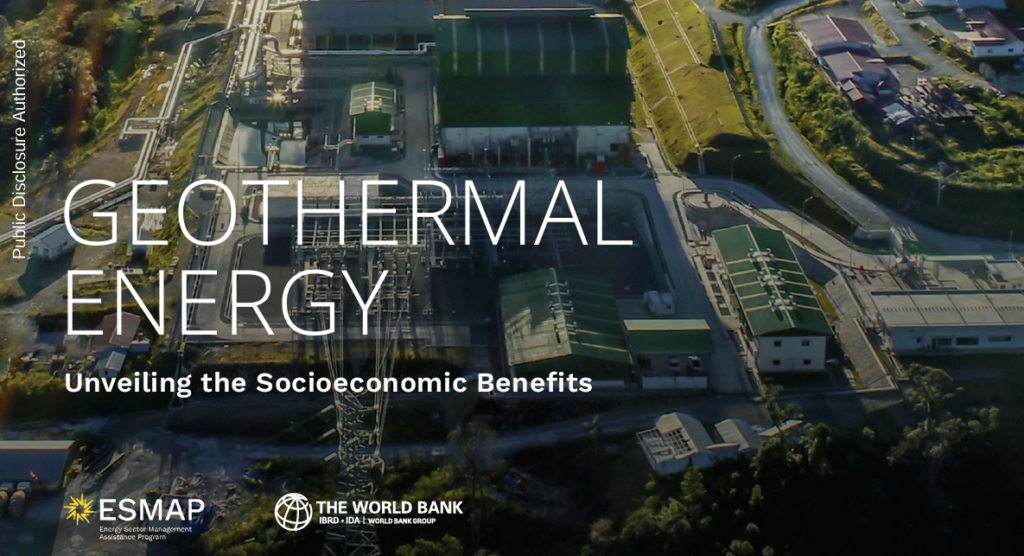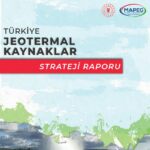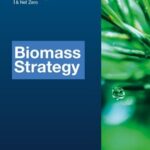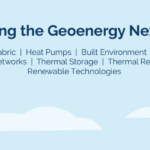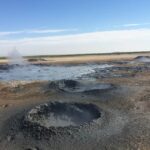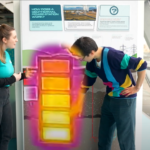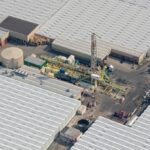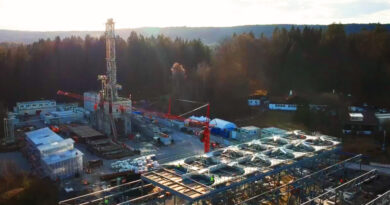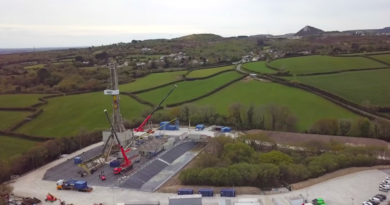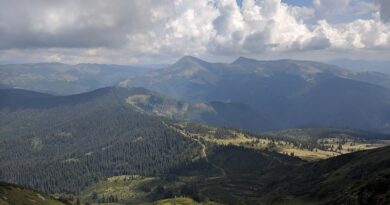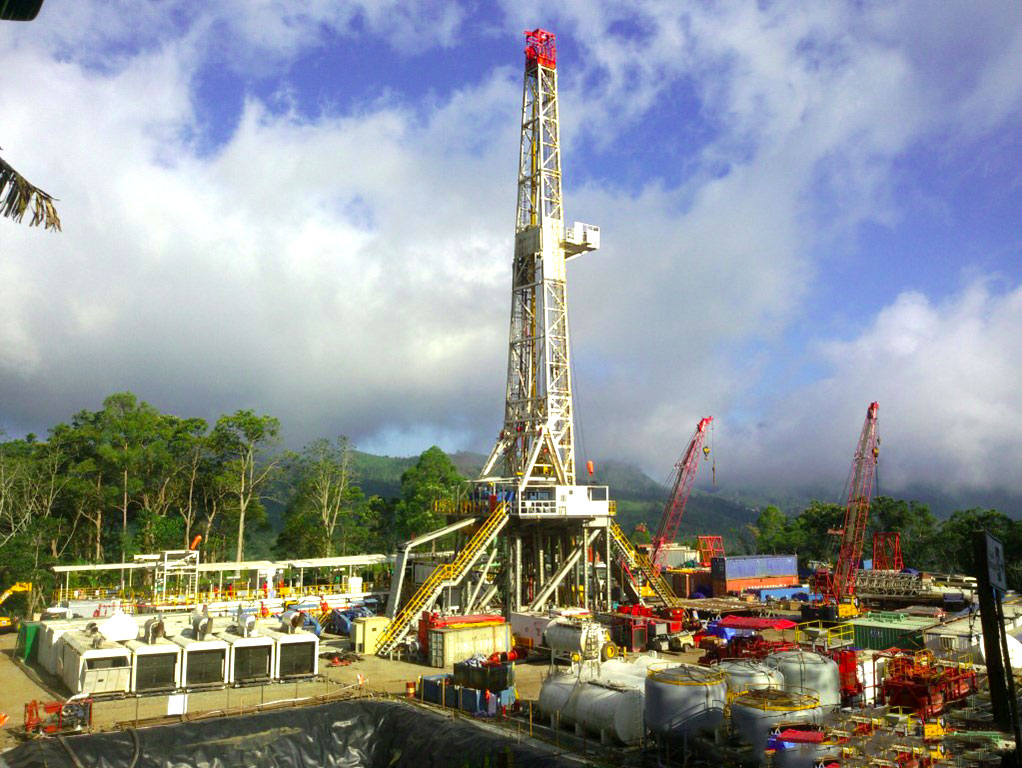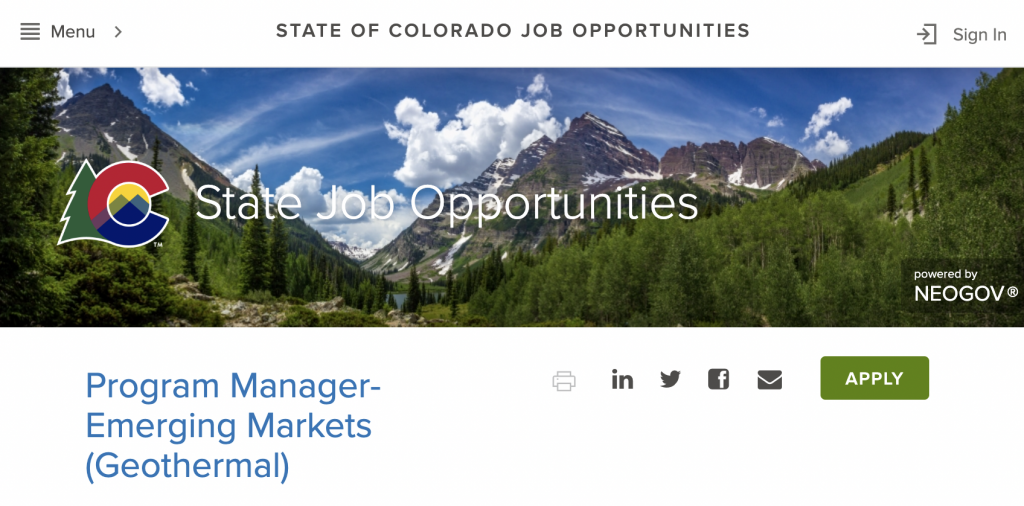ESMAP publishes report on socioeconomic benefits of geothermal
Energy Disrupter
An excellent report by ESMAP – World Bank highlights the socioeconomic benefits of geothermal project development with case studies in regions across the world.
The Energy Sector Management Assistance Program (ESMAP) under the World Bank has published a detailed report on the socioeconomic contributions of the geothermal sector, as well as the potential opportunities and benefits at national and local levels of geothermal project development and operation.
The full report, “Geothermal Energy: Unveiling the Socioeconomic Benefits” can be accessed via this link.
The report was prepared using qualitative data from over 40 stakeholders in the geothermal industry, including governments, industry associations, academia, public and private sector developers, and technical experts. The intent is that governments and developers alike can learn from the examples and case studies featured, and replicate best practices to generate positive socioeconomic outcomes.
The report looks at numerous case studies of geothermal projects providing varied socioeconomic benefits in different regions including Kenya, Iceland, New Zealand, the U.S., Indonesia, Mexico, Japan, El Salvador, the Philippines, and Nicaragua among several others.
It is worth noting that the report focuses on socioeconomic benefits that can be influenced during project development and operation. It does not delve into wider sectoral advantages such as energy security and reduction of greenhouse gas emissions, which are also important. The report examines benefits across four categories as previously identified by the World Bank’s Sustainable Renewable Risk Mitigation Initative:
- Participation of domestic companies in the geothermal value chain
- Geothermal employment and skill development
- Local development and benefit sharing
- Gender equality and social inclusion
Empowering the domestic value chain
Domestic companies’ participation in the geothermal value chain holds significant potential for enhancing the socioeconomic benefits tied to the development and operation of geothermal projects. The availability of resources (goods, services, and labor) in the host country of a project can enhance value addition and boost the country’s gross domestic product.
Governments are incentivizing the localization of the geothermal value chain, thus nurturing the growth of domestic companies. There is ample opportunity for localization efforts, particularly in the construction and operations and maintenance (O&M) segments of project development. This holds true even when international developers are involved. However, localization efforts must be balanced with the need to maintain the cost-effectiveness of geothermal projects.
Clusters and industry associations are essential in boosting the capacities of domestic industries by facilitating training, encouraging interaction between stakeholders from different sectors, and cultivating an environment conducive to knowledge and technology transfer.
Workforce development
According to the International Renewable Energy Agency (IRENA), the geothermal industry has so far provided jobs for about 196,000 individuals. This number is expected to grow to 296,000 by 2030. Both construction and O&M segments provide numerous opportunities for job creation, although O&M generates significantly more employment over the entire project cycle. Direct use projects offer notable employment opportunities, especially for women, youth, and marginalized groups.
However, the geothermal sector faces a skill shortage, particularly in the high-skilled positions. Expansion of the geothermal workforce will require better communication about educational opportunities through mentorship programs, student competitions, internships, and apprenticeships. Not all countries may have the demand for geothermal-specific education, so many opt for a more regional approach to geothermal education and training.
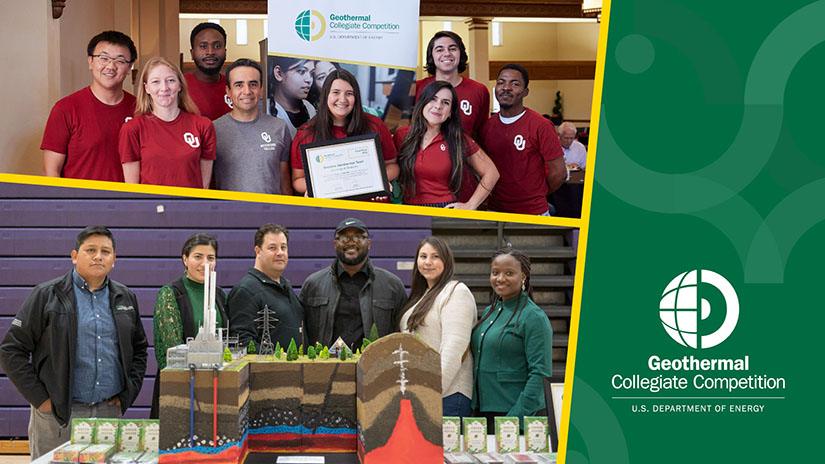
There is also an opportunity for skills and workforce transfer from the declining oil and gas industry. The reskilling efforts of governments and companies can both sustain employment and economic prosperity, and address the skill shortage of new geothermal development.
Women represent only 22% of the overall workforce of the geothermal industry and tend to occupy more administrative and support positions rather than technical ones. Governments and companies can address this gap via progressive policies, support programs, and targets to increase women’s workforce participation. These strategies collectively strive to foster a more inclusive and skilled geothermal industry.
Equitable sharing of benefits
Community engagement is not just a mere formality for geothermal developers. Securing a social license by establishing trust and credibility is integral to the project development process and is necessary for successful coexistence with host communities. Geothermal developers recognize the importance of equitable benefit distribution as a cornerstone of community collaboration.
Transparent information is key for effective benefit sharing. Comprehensive consultations ensure that communities’ opinions are not only heard but also integrated into the decision-making process. Collaborative interventions that address community needs can help bridge the gap between aspirations and practical feasibility. Balancing communities’ desires with realistic project outcomes is a challenge that developers must adeptly navigate.
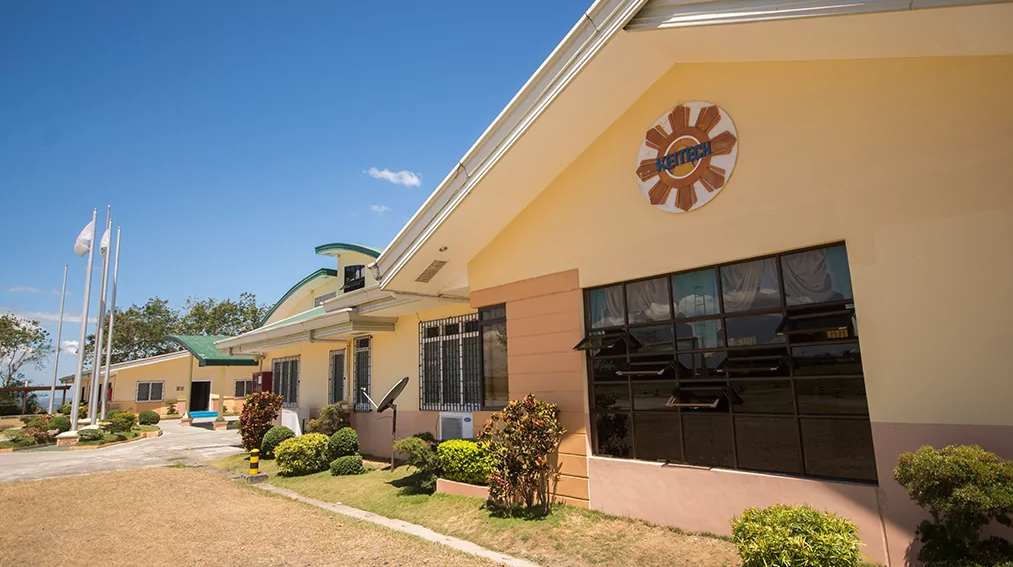
Benefit sharing is broadly grouped into three key categories: (1) Infrastructure and service enhancement, (2) community skill and capability enhancement, and (3) revenue/ownership sharing arrangements. In some jurisdictions, legal frameworks mandate the distribution of such benefits.
Community engagement efforts and benefit sharing may involve financial implications for developers, but these are easily justified by the value resulting from avoided delays and legal entanglement. It is similarly important for geothermal developers to form a dedicated team for community engagement that mirrors the diversity of the host communities.
Source: ESMAP

